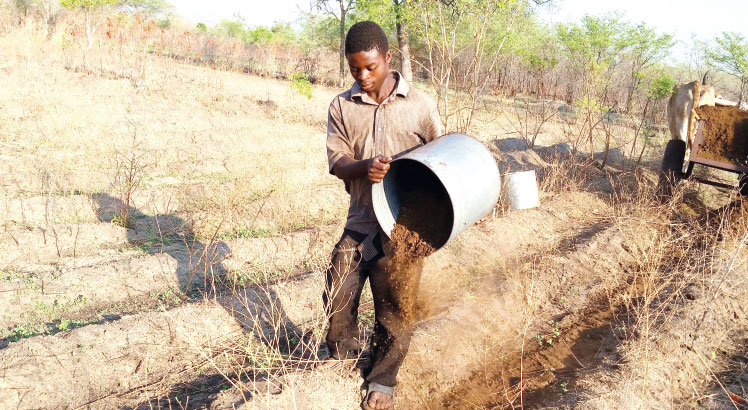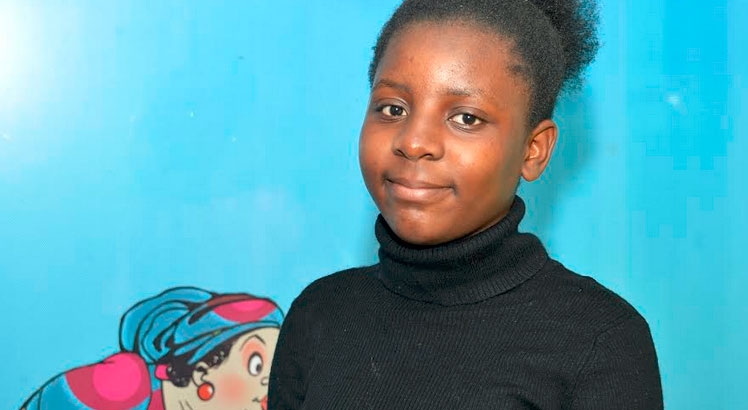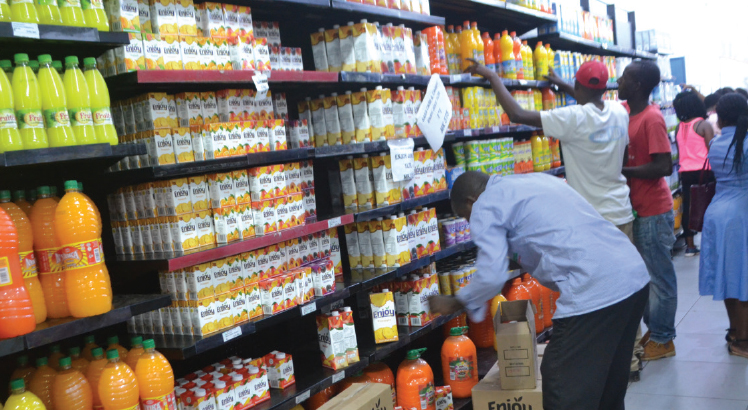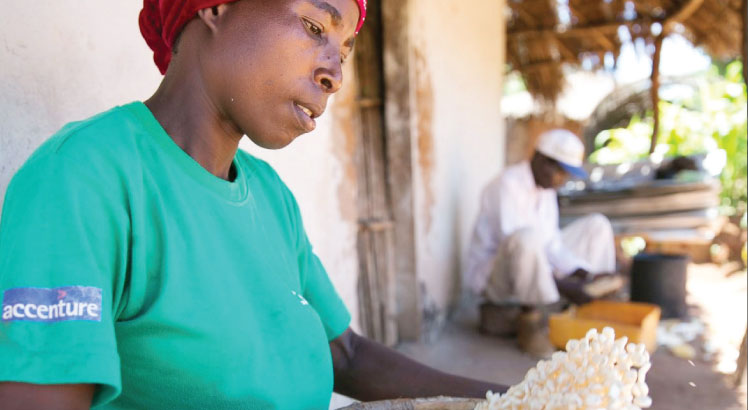Blue booklet journalism and journalists’ realities
We love the State of Machinga. We love the friendliness of the rural Machingian folks. We also love the urban Machingians, particularly the Liwondians whose lives have been so dollarised since the Vale Logistics came to rehabilitate the Liwonde–Nacala railway that one gets the impression that today’s Liwondians owe more allegiance to Brazil or Portugal or Mozambiue than to the Federal Republic of Malawi. Our fear, our positive fear, is that by the end of the railway construction and Kamuzu Bridge rehabilitation, a tribeless generation of Liwondians will have started walking the streets of this great area.
We love Machingian religious tolerance. At Liwonde, alcohol, pig products and prostitution are sold openly without anybody worrying about a Grand Mufti declaring a fatwa. Liwonde is home to one of the oldest Christian church buildings in Malawi. For over 100 years, it has stood there without being desecrated.
We love Machingian names: Mgodi, Chole Hills, Kapoloma and Msoma. Machinga, and Kapoloma in particular, in case you have forgotten, is the home of former president Bakili Elesoni Muluzi, the man who still wallows in the glory of having defeated Dr Hastings Kamuzu Banda during the elections of 1994. Yes, Machinga is also the paternal home of Ukitiukiti, the not-so-young son of President Muluzi, who, many believe, was bulldozed to the presidency of the United Democratic Front and stood in the terribly shambolic 2014 presidential elections. The results of the elections, like those of 2009, could signal that Muluzi is no longer a marketable political brand.
We came back here, mostly, to relive our past but also to run away from Blantyre, a city that is collapsing and imploding right before its mayor who is busy projecting his image on television and attending presidential rallies instead of holding service providers to task and duteously running city government. A city without water for one week? No explanation. No emergency water provision. Yet, unashamedly, the people tasked with water provision are still paid handsomely and allowed to drive around in huge all terrain vehicles. Only in the Federal Republic of Malawi is such clueless political mediocrity tolerated. Where else?
We are lodged at Msoma, a small but strategically located bed and breakfast in the city of Liwonde. We chose it because of its slogan: Let Love Lead by TB Joshua. Interestingly, Msoma Lodge, whose owner we know but we will not reveal, shares perimeter fences with Idols, one of the darkest drinking joints in Malawi.
But you know us well by now. You know we love darkness because darkness is good. For, it is in darkness that witches and wizards perform their wondrous antics. It is in darkness that animals prowl. In darkness, the midnight six plotted to usurp the Malawi constitution. In darkness, the High Court passed one of the most controversial election-related judgements. In the thick of darkness, the Electoral Commission declared winners and losers of the 2014 presidential elections. In darkness, State House presented dark blue booklets containing the president’s K50 000 blue vision for the media.
“That reminds me,” Sheikh Jean-Philippe LePoisson started as we sat down in the dark bar and asked for our usual drinks.
“About what?” Abiti Joyce Befu, MG 66, asked as she swung her Amalaula glass to submerge the rocks that still jutted out of the unholy drink like Chizumulu island on Lake Malawi.
Jean-Philippe responded: “Why do Malawian journalists want to embarrass their president? Malawi has a culture of gift-giving and receiving such that it is very difficult to know if what one receives is a bribe or a gift. So, the journalists that received the K50 000 blue booklets may not be immoral, after all. The giver, too, may have done so out of genuine need to compensate the journalists for keeping them waiting for four hours before they were bused to Sanjika.”
“Don’t sugarcoat crime. That was midnight bribery. Both the giver and the receiver knew what they were doing. The wisest thing would have been for each newsroom to silently put the contents of the Sanjika blue booklets in one basket and donate the ‘loot’ to charity…” I suggested.
“One newsroom did just that!” Native Authority Mandela chipped in.
“That was an afterthought. Without the unprecedented public outcry and name-calling, very few editors and media managers were willing to give away that money. Surrendering all bribe or gift money to charity should be a matter of policy for each newsroom. You don’t need to embarrass the giver of the so-called bribe,” I said.
“If you had received the Sanjika blue booklet yourself, would you have declared its contents?” MG 66 asked.





